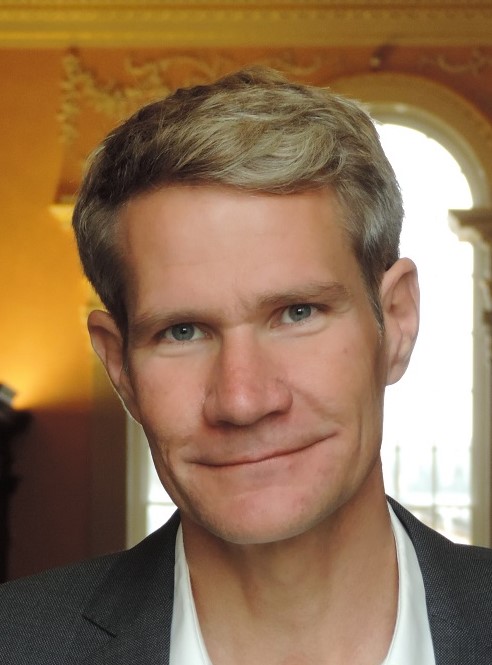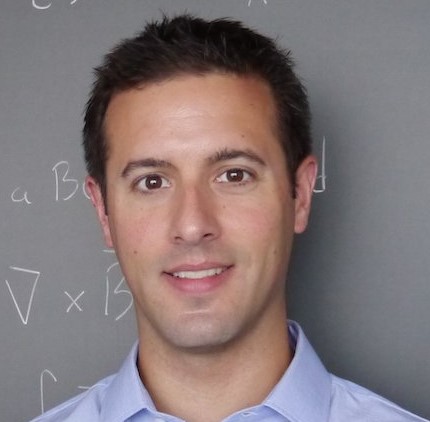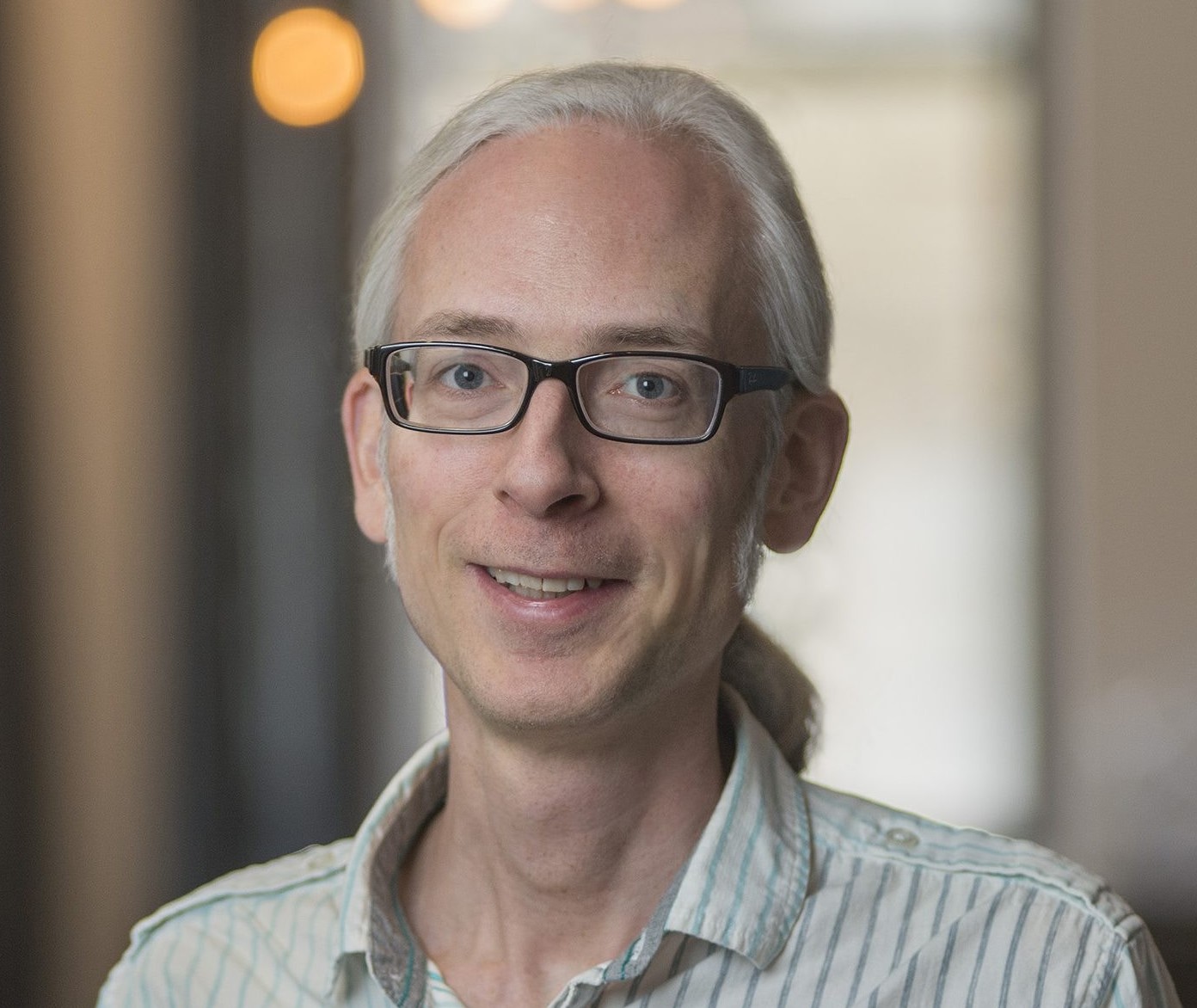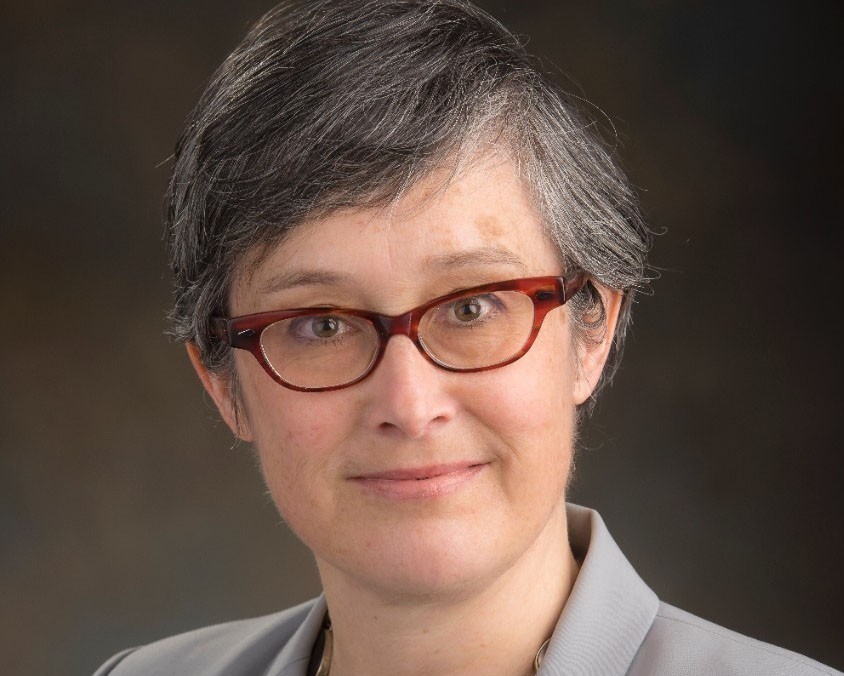Collection
Advances in Computational Integral Equations
- Submission status
- Closed
This collection was originally intended to pair with the workshop “Challenges in Computational Methods for Integral Equations” (OCCMIE) at the Casa Matematica Oaxaca (affiliated with BIRS), but, unfortunately due to COVID-19 that workshop will not happen before 2022. Thus, the collection will be independent of any workshop. Submissions from the global research community will be handled by the board listed below via ACOM’s usual peerreview process.
Editors
-
Stéphanie Chaillat
Stéphanie Chaillat-Loseille is a Research Scientist at ENSTA Paristech. Until 2010 she was a Postdoc at Georgia Tech, after completing her PhD at École Nationale des Ponts et Chaussées, which was decorated with the CSMA National PhD Award and with the ECCOMAS European PhD Award.
-
Adrianna Gillman
Adrianna Gillman is an Assistant Professor at University of Colorado at Boulder. Before she held positions at Rice University and at Dartmouth College. Dr. Gillman was a US National Academy of Sciences Kavli Fellow in 2017 and received a Sloan Fellowship from 2016-18.
-
Per-Gunnar Martinsson
Per-Gunnar Martinsson is a Professor of Mathematics at University of Texas at Austin. Previously, he was a Professor at the University of Oxford, at the University of Colorado at Boulder, an Affiliated Professor at KTH Stockholm, and Gibbs Assistant Professor at Yale University. He is a SIAM Fellow (class 2021), recipient of the SIAM Germund Dahlquist Prize and of an NSF Career Award.
-
Michael O’Neil
Mike O'Neil is an Associate Professor of Mathematics at Courant Institute, NYU. He was a Visiting Professor at MIT, Assistant Professor at Courant Institute, and worked as a Quant Researcher/Assistant Trader at Susquehanna International Group. Prof. O'Neill received his PhD from Yale University.
-
Alex Barnett
Alex Barnett is an applied mathematician and numerical analyst. He was a faculty member in the mathematics department at Dartmouth College for 12 years, becoming a full professor in 2017. He obtained his Ph.D. in physics at Harvard University, followed by a postdoctoral fellowship in radiology at Massachusetts General Hospital and a Courant Instructorship at New York University. He has received several grants from the National Science Foundation, received Dartmouth’s Karen E. Wetterhahn Memorial Award for Distinguished Creative or Scholarly Achievement, and won the XXI International Physics Olympiad.
-
Mary-Catherine Kropinski
Mary-Catherine Kropinski is a Professor of Mathematics and Associate Dean Equity, Diversity and Inclusion at Simon Fraser University. Dr. Kropinski completed her PhD at Renssellaer Polytechnic Institute in 1993.She then held a postdoctoral appointment at the Courant Institute, NYU working with Leslie Greengard on integral equation methods for the Stokes and Navier Stokes equations.She served on the NSERC Grants Selection Committee for Pure and Applied Mathematics B from 2002-2005 and has been an active reviewer for the Journal of Computational Physics and SIAM.
-
Timo Betcke
Timo Betcke is a Professor of Computational Mathematics at University College London. Before joining UCL he was a research fellow at the University of Reading and the University of Manchester as well as a Postdoc at TU Braunschweig. He received his DPhil from the University of Oxford.
Articles (8 in this collection)
-
-
Convergence analysis of oversampled collocation boundary element methods in 2D
Authors
- Georg Maierhofer
- Daan Huybrechs
- Content type: OriginalPaper
- Published: 28 February 2022
- Article: 11
-
Improvement of hierarchical matrices for 3D elastodynamic problems with a complex wavenumber
Authors
- Laura Bagur
- Stéphanie Chaillat
- Patrick Ciarlet Jr.
- Content type: OriginalPaper
- Published: 15 February 2022
- Article: 9
-
Multifrequency inverse obstacle scattering with unknown impedance boundary conditions using recursive linearization
Authors
- Carlos Borges
- Manas Rachh
- Content type: OriginalPaper
- Published: 23 December 2021
- Article: 2
-
The hot spots conjecture can be false: some numerical examples
Authors
- Andreas Kleefeld
- Content type: OriginalPaper
- Open Access
- Published: 04 December 2021
- Article: 85
-
A fast and oblivious matrix compression algorithm for Volterra integral operators
Authors
- J. Dölz
- H. Egger
- V. Shashkov
- Content type: OriginalPaper
- Open Access
- Published: 26 October 2021
- Article: 81
-
Kernel aggregated fast multipole method
Authors
- Wen Yan
- Robert Blackwell
- Content type: OriginalPaper
- Published: 06 September 2021
- Article: 69

-
Zeta correction: a new approach to constructing corrected trapezoidal quadrature rules for singular integral operators
Authors
- Bowei Wu
- Per-Gunnar Martinsson
- Content type: OriginalPaper
- Published: 21 May 2021
- Article: 45








